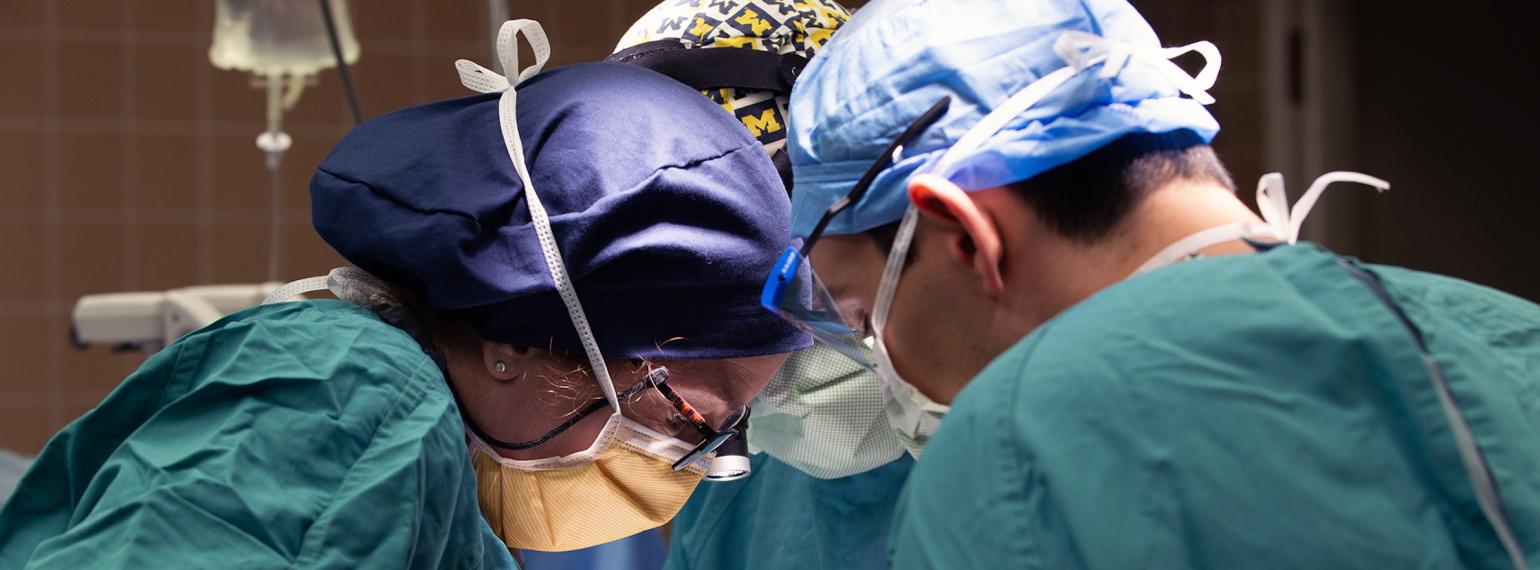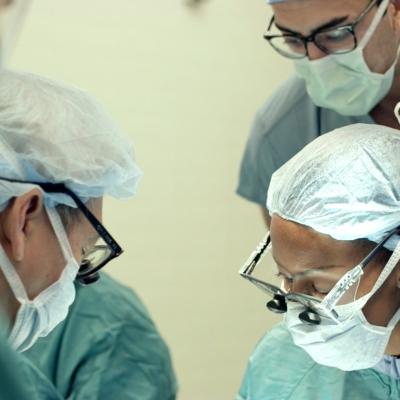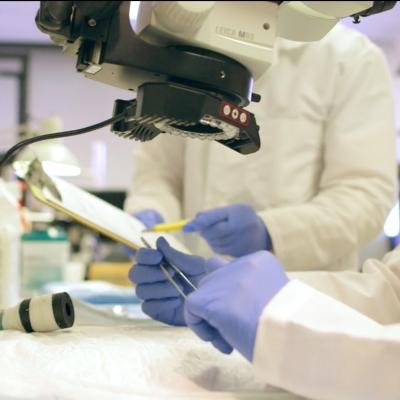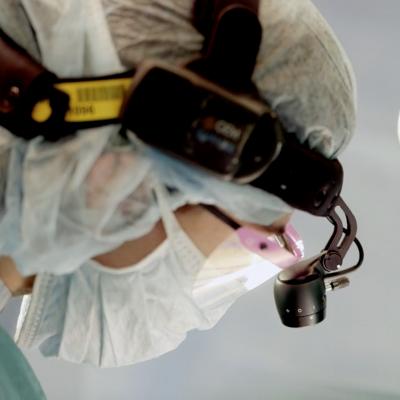Our top-ranked residency program offers:
- Depth and breadth of clinical and research opportunities: With more than 7,000 operative cases annually, and excellent NIH funding support, Michigan General Surgery provides the rich learning opportunities for which you’re looking. Our diverse team includes more than 100 full time faculty, many of whom hold leadership positions in national organizations, and 5 of our faculty are members of the National Academy of Medicine. General surgery residents at Michigan Medicine graduate with some of the most robust clinical experience in the country. Residents also enjoy 2 years of protected time for academic development and research across a range of interests, from basic science to health services and educational research.
- Well-rounded curriculum: Residents learn all aspects of the discipline, including diseases of the abdomen, breast, head and neck, skin and soft tissues, and endocrine systems, as well as management of trauma and burn patients. Through specialty services and elective rotations, trainees also gain experience with U-M’s excellent programs in solid organ transplantation, thoracic surgery, vascular surgery, pediatric surgery, and bariatric surgery.
- Excellent career outcomes: More than 90% of general surgery residents pursue advanced fellowship training, with a recent 2-year fellowship acceptance rate of 100%. Since 2000, over 70% of our past trainees have become faculty at over 60 universities nationally. Residents demonstrate continued success in academic productivity as well. Our team of general surgery residents produce a collective total of approximately 70 papers a year and 130 presentations a year.
By joining the University of Michigan Department of Surgery, you’re also joining a rich legacy of surgical innovation alongside names like Charles de Nancrede, Hugh Cabot, John Alexander, Cameron Haight, Reed Nesbit, Frederick Coller, C. Gardner Child, Jeremiah Turcotte, Arnold Coran, Norman Thompson, Lazar Greenfield, Robert Bartlett, James Stanley, and many others.




